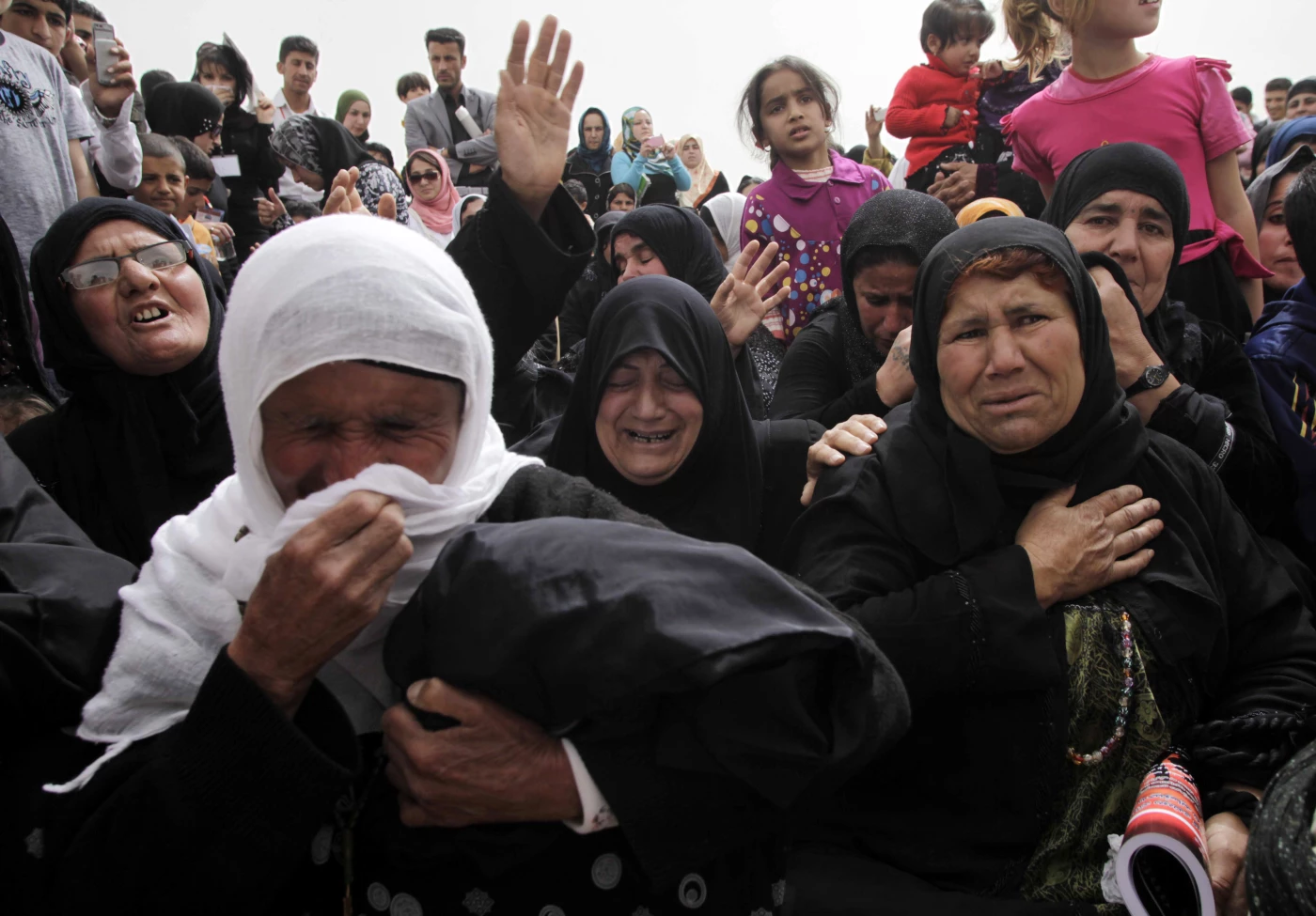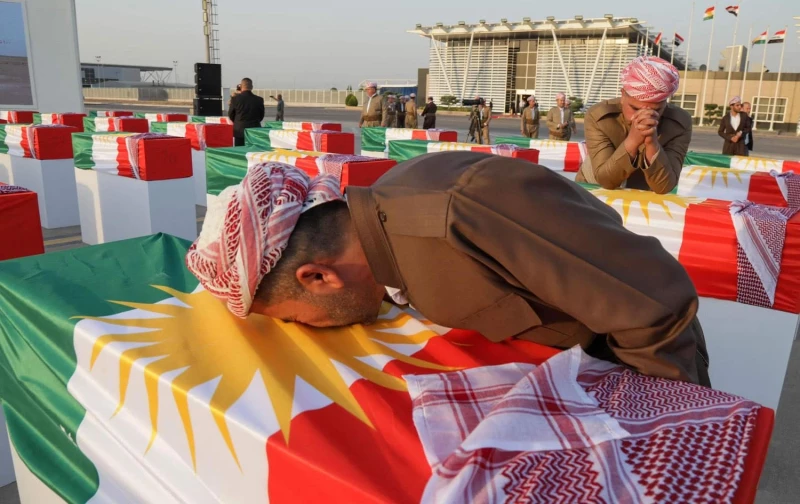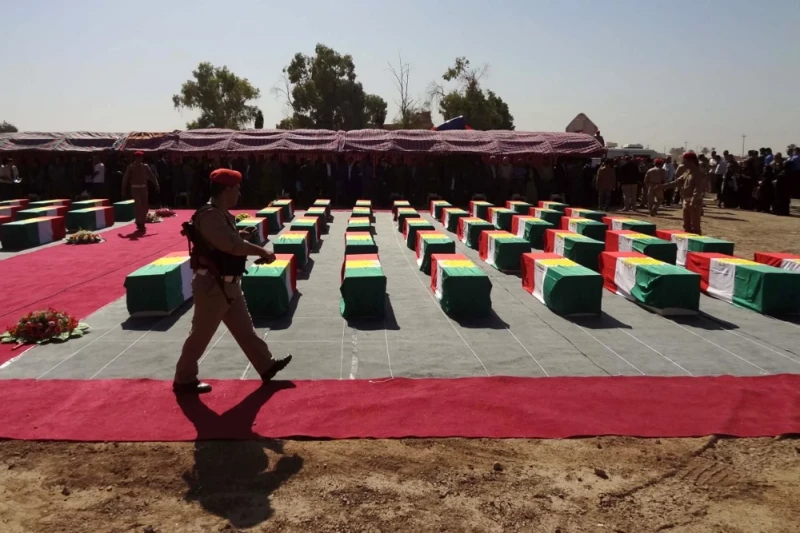ERBIL, Kurdistan Region of Iraq – Kurdish leaders on Monday marked the 37th anniversary of the Anfal genocide campaign by the former Iraqi regime against Kurds, urging the Iraqi government to provide material and immaterial compensation to the notorious campaign’s survivors and their families.
“The Anfal genocide was a big crime against the land and people of Kurdistan, with the implications and aftermath of this massacre remaining to date. The Iraqi federal must execute its legal, constitutional, and moral responsibilities toward the relatives and families of the victims of the Anfal genocide,” said Prime Minister Masrour Barzani.
Prime Minister Barzani reiterated his call on the Iraqi government to “materially and immaterially” compensate those affected by the former regime’s crimes against the Kurdish nation.
Kurdistan Region President Nechirvan Barzani, who is in Paris on an official visit, also Monday honored the Anfal genocide victims, calling on the Iraqi government to execute its “legal and moral responsibilities” and compensate the survivors of Anfal and their families.
“We reiterate that the Iraqi government has a legal and moral responsibility to execute and must compensate the Anfal survivors and their families in every way possible,” President Barzani said, urging Baghdad to implement the Supreme Iraqi Criminal Tribunal's decision which recognized Anfal as genocide.
The Kurdish population was subjected to various forms of oppression under the iron-fisted rule of the Baath regime, with two salient episodes being the notorious Anfal campaign and the Halabja chemical attack.
Anfal was a genocidal campaign launched by Saddam’s regime against the Kurds.
Anfal, the eighth chapter of the Islamic Holy book of the Quran, was used as the campaign's codename, which directly translates to "spoils of war."
Over 182,000 Kurds were massacred in the eight-year-long campaign and thousands of Kurdish villages were destroyed and wiped out.
Separately, in 1988, Halabja was attacked with chemical weapons by Iraqi forces – considered one of the biggest chemical attacks on civilians to date, the bombardment claimed around 5,000 lives and injured thousands more.
In 1991 Kurds arranged a successful uprising in which they were able to expel Baath forces from their territories with the help of the UN-mandated no-fly zone, hampering Hussein's efforts to carry out aerial attacks on northern Iraq and allowing for the entry of humanitarian aid.
Kurdish officials have repeatedly sought compensation for the victims’ families. To date, the remains of thousands of victims are to be found somewhere in Iraq.



 Facebook
Facebook
 LinkedIn
LinkedIn
 Telegram
Telegram
 X
X


